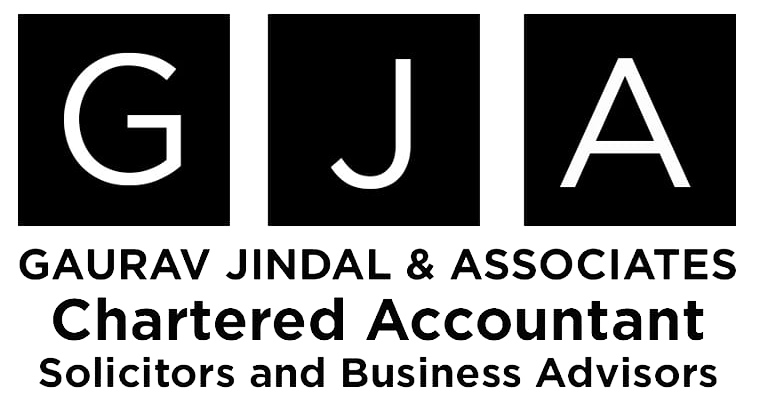MAAGS & CO., paving the way for a brighter financial
future with commitment of being trusted partner in
all your financial endeavors!
© 2023 MAAGS & CO. All rights reserved | Design by Quicktouch

